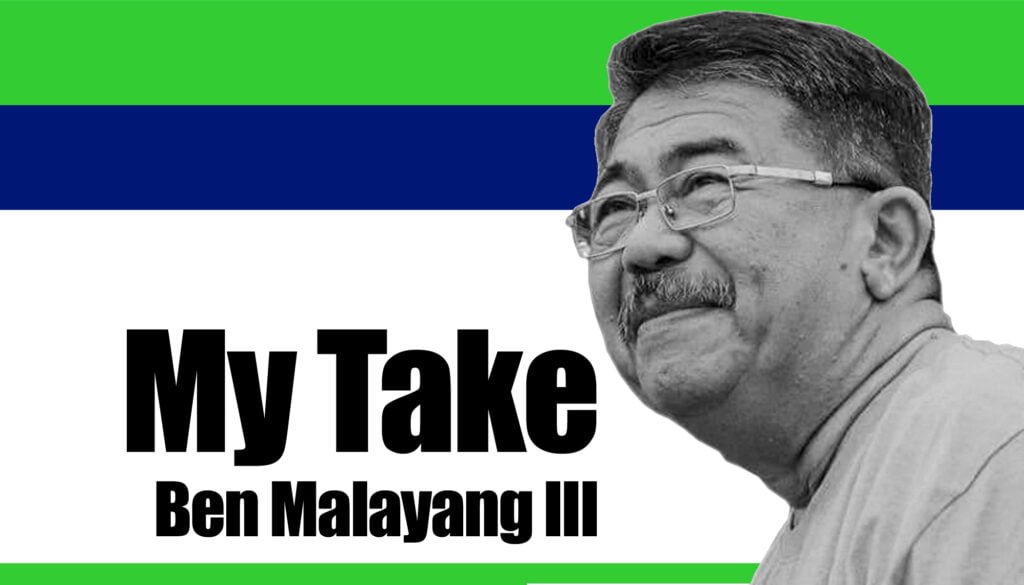
Government is not governance. Nor governance limited only to government.
Government is the system of rules, rulers, and rules beneficiaries that a people in a place has formally decided to set up for the purpose of putting order to how they are to live with each other, how they are to pursue their common and individual aspirations, and how they are to be accountable to each other. The formal decision is usually by way of a deliberate process of representatives of the people gathering to together pen a fundamental document to institute their desired system of government.
Governance is the actual state of how people in fact live with each other, in fact pursue their individual and collective aspirations, and are in fact being accountable to each other. That is, within and outside their decided system of government. This, because while a people may have opted on a system of government, they have a culture and long-held traditions of relationships and values that animate their behaviors beyond the presuppositions of their decided system of government.
This raises a common conundrum of government. It’s not able to entirely encompass within its formal structures of rules, rulers, and rules beneficiaries, the whole range of the actual predispositions of its citizens as peoples with different cultures and traditions long shaped since before the institution of the government. Add to this the fact that people often put on government the burden of ordering their lives, and yet reluctant and unwilling to do so on themselves.
Here lies the roots of both harmony and discord between government and its citizens. There’s harmony when government is founded on the cultures and governance traditions of its citizens, and discord if less so. If discord builds up, either rules, rulers, or rule beneficiaries get changed, or, more radically, the entire system of government itself gets changed.
Elections are the primary mechanism with which citizens procedurally “release steam” when their government begins failing in governance, or when discord and disharmony build up. Elections allow citizens to calmly decide to keep or change rulers, rules, and rules beneficiaries, and so tweak the governance effectiveness of government without needing to do away with it entirely.
Consequently, when elections fail to properly articulate how citizens aspire to address their discords and disharmonies, or if elections fail in their function as a principal “control valve” with which citizens exercise ultimate “governance of government”, the risk to the government itself and to its ability to govern, builds up. If unmitigated, it could become vulnerable to being entirely dismantled and changed.
My take: It’s in the integrity of elections that the integrity of government begins. And, too, the integrity of our statutory governance. Selling your votes for peso, patronage, or popularity, or buying votes to gain an office, or misrepresenting one’s credentials and intentions to voters, or in any way eroding the moral high grounds of the electoral process, is eventually a subversion of government and a subversion of the legitimacy and quality of our formal governance as a nation. It’s eventually a subversion of our future.
My final take: elections may not actually be about choosing people for public offices. They’re really about choosing to protect – or not protect – ourselves, our wellbeing, our aspirations, and our future. – NWI




